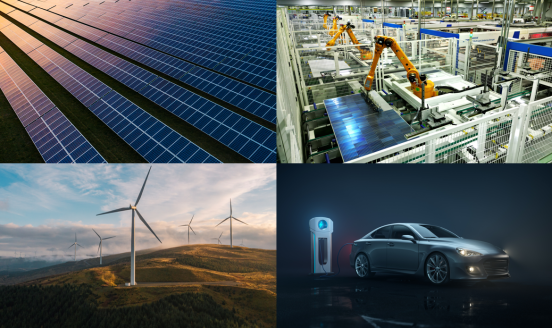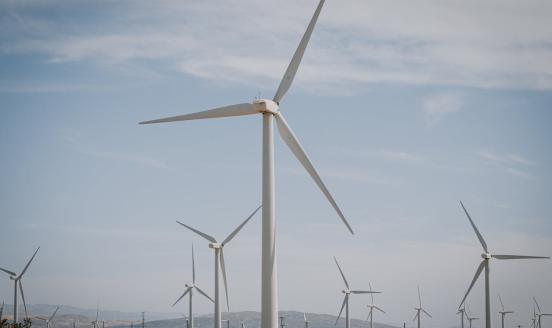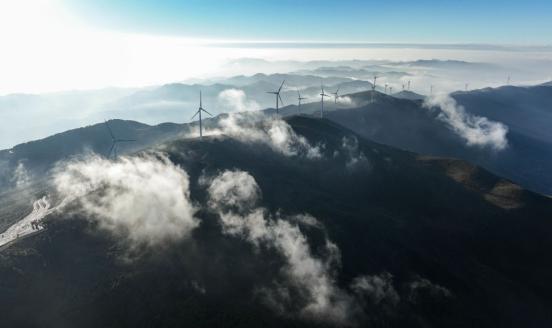President Trump: what next for global climate action?
The new Trump presidency might now signal a U-turn in the United States’ international climate policies.
Under President Barack Obama, the United States assumed a leading role in the global fight against climate change.
The 2015 Paris Agreement would probably not have materialised without Obama. He played a central role in committing the United States, for the first time, to cut greenhouse gas emissions, and also in engaging emerging countries in the process.
The road to Paris started to look really possible when, in November 2014, the United States engaged in a landmark deal with China that put the world’s two largest greenhouse gas emitters in lockstep to cut emissions.
In September 2016, when the United States and China ratified the Paris Agreement, the European Union was prompted to follow, enabling the agreement to enter into force at an unprecedented speed.
The new Trump presidency might now signal a U-turn in the United States’ international climate policies. During the electoral campaign, Donald Trump reinforced his climate-sceptic profile, defining climate change as a ‘‘hoax of the Chinese government’’, and promising to withdraw from the Paris Agreement and to immediately stop ‘‘all payments of the United States’ tax dollars to United Nations’ global warming programmes’.
However, with the Paris Agreement having entered into force, President Trump will not be able, in legal terms, to withdraw from the deal during his first term. In fact, he would be able to trigger Article 28 (a provision allowing countries to withdraw from the Agreement, in Brexit terms the Article 50 of the Paris Agreement) only three years after the Paris Agreement’s entry into force, and it would then be another year before it took effect. By that time, November 2020, Trump’s first term would be over.
President Trump will not be able, in legal terms, to withdraw from the deal during his first term.
However, President Trump will have two other options to change the United States’ international climate trajectory.
The first would be to directly pull out of the 1992 United Nations Framework Convention on Climate Change –the umbrella agreement for the Paris Agreement – and this would also be considered legally as a withdrawal from the Paris Agreement itself. This radical option, paradoxically, would be easier to achieve than withdrawal from the Paris Agreement alone. In fact, it might be attainable within the first year of the presidency.
The second option would be to simply ignore the international climate commitments assumed by President Obama, and accordingly reshape the United States’ energy and climate policy. This option would be as damaging for global climate action as US withdrawal from the UNFCCC. Without a strong commitment from the historically biggest greenhouse gas emitter, emerging countries like China and India might raise questions over own climate efforts.
In short, if President Trump is to maintain his stated positions on climate change from the electoral campaign, overall global action against climate change will be structurally weakened. Even if he takes no drastic action, a lack of global climate leadership is in any case likely.
A lack of global climate leadership is in any case likely
In this context, Europe will emerge as the leading force underpinning the developed world’s global climate effort. Europe should swiftly understand this new responsibility, and strengthen its engagement with China and other countries to keep up momentum and decisively proceed along the road defined in Paris.



